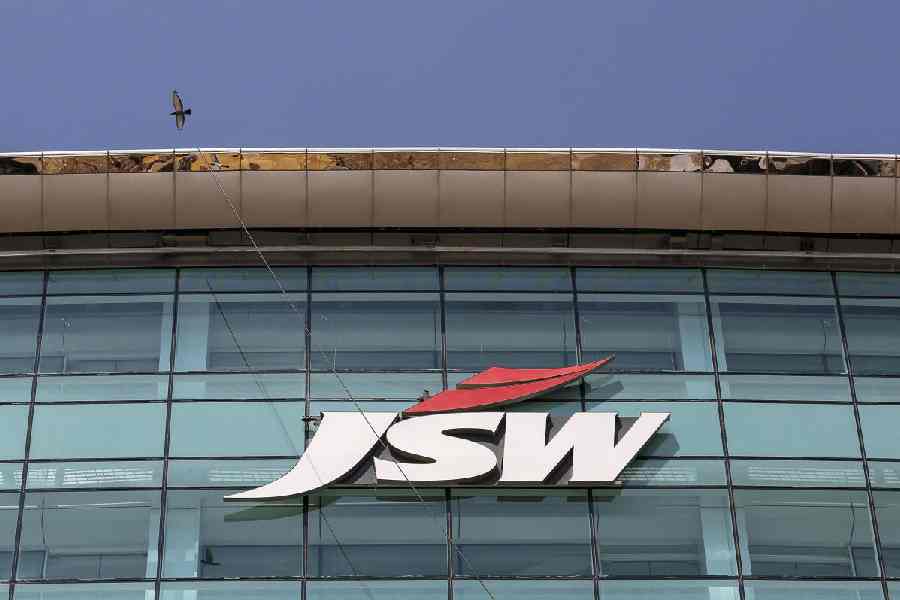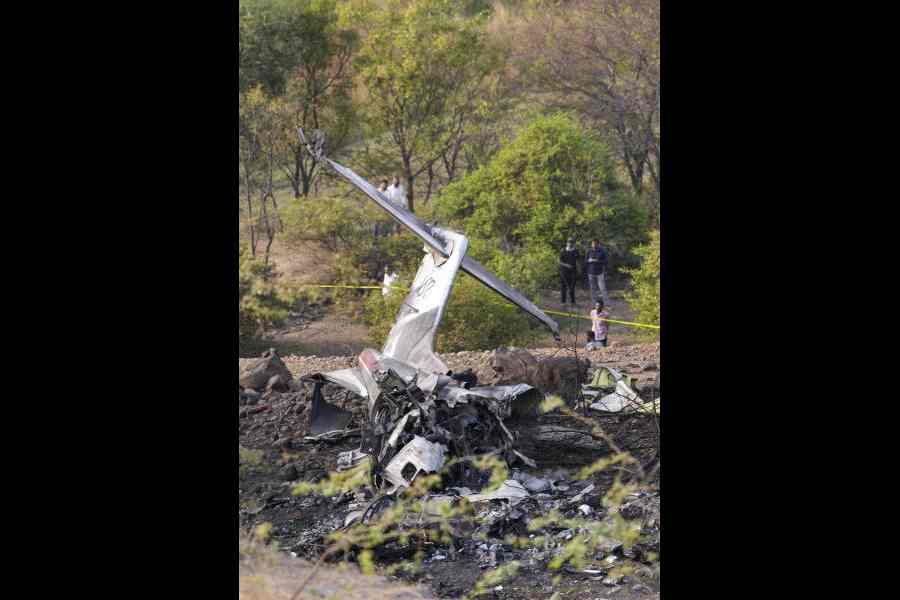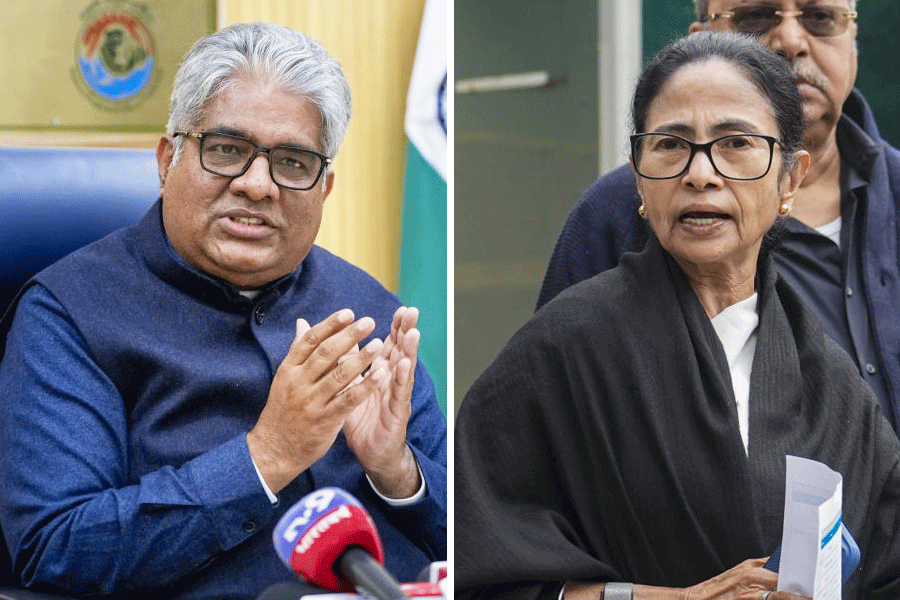In a landmark judgment, the Supreme Court has set aside the ₹19,530 crore resolution plan submitted by JSW Steel for Bhushan Power & Steel Ltd and ordered liquidation of the latter.
The apex court judgment pronounced on Friday came four years after JSW took control of debt-laden BPSL, turned the company around subsequently and invested further to expand operations. The apex court held the resolution plan submitted by JSW as illegal and in violation of the Insolvency & Bankruptcy Code, 2016.
BPSL’s integrated steel operation is located at Jharsuguda in Odisha and one of the company’s downstream units is located near Dankuni in Bengal. JSW holds an 83.28 per cent stake in the company which was originally promoted by Sanjay Singal and his father in early 2000. BPSL was one of the top 12 indebted companies, often infamously called the ‘dirty dozen’ that the Reserve Bank of India had directed to be revived under IBC.
The bench comprising Justice Bela M Trivedi and Justice Satish Chandra Sharma criticised the conduct of all key stakeholders in the resolution process — the resolution professional, the committee of creditors (CoC) or the financial lenders, and the National Company Law Tribunal (NCLT) — for enabling what it termed a “flagrant violation” of the IBC.
The JSW Steel stock was clobbered on the bourses soon after the news broke. It ended the day with a cut of 5.46 per cent to close at ₹972.15, down by ₹56.15 a share. In the regulatory filing, the company said it would decide on the next course of action after reviewing the order. Legal experts observed that JSW may file a review petition in the apex court.
The judgment
The apex court appears to have struck down JSW Steel’s acquisition of BSPL on two grounds: delay in implementation of the resolution plan and for failing to make upfront payment within stipulated time as laid out in the plan.
The court observed that there was inordinate delay in finalising the resolution plan, going beyond the IBC mandated 330 days period to wrap up a corporate insolvency resolution process.
Moreover, even after NCLT approved the plan in September 2019, there was further delay. “…the upfront payments which were to be made to the creditors within 30 days of the NCLT passing the order approving the resolution plan, remained unpaid till March 2022,” the judgment read.
In effect, the plan was delayed by 540 days and 900 days in respect of payment to the financial creditors and to the operational creditors, respectively, “leaving them in lurch and leaving them high and dry”.
Incidentally, a month after the NCLT approval, the Enforcement Directorate had filed a case against the erstwhile promoters of BPSL and provisionally attached a part of BPSL asset worth ₹4,025.23 crore, creating enormous uncertainty in the process. Only in 2024, the apex court had directed the ED to hand over the assets to JSW Steel, clearing the complexities.
However, the apex court on Friday observed that there was enough comfort given by the lenders (CoC) to JSW and there was no stay in implementation of the plan.
The court observed that after unjustly ‘enriching’ itself by delaying implementation, JSW moved quickly in March 2021 and made part payments to financial creditors when the steel market turned strong.
“…JSW played smart by making a part payment to the financial creditors in March, 2021, realising the beneficial market trend of steel,” the court observed. Indeed, BPSL made a net profit over ₹2,000 crore in FY22 as the steel sector experienced an unprecedented boom post Covid.
“Instituting vexatious and frivolous litigations in the NCLT or NCLAT and delaying the implementation of the resolution plan under the garb of pendency of proceedings, has clearly proved the mala fide and dishonest intention on the part of JSW, in securing the highest score making misrepresentation before the CoC and then not implementing the same under the garb of pendency of proceedings, though the resolution plan was supposed to be an unconditional one,” the judgment read.
The bench said the CoC was found to have approved JSW’s resolution plan without proper application of its commercial wisdom. The banks recovered about 41 per cent of their admitted claim to BPSL by JSW’s plan. It directed NCLT to liquidate BPSL in exercise of the powers under section 33(1) IBC and Article 142 of the Constitution.
Moreover, it also guided how JSW Steel may be able to get back the fund invested by it under the plan and subsequently.










